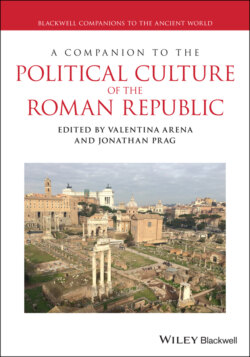Читать книгу A Companion to the Political Culture of the Roman Republic - Группа авторов - Страница 32
FURTHER READING
ОглавлениеTwo modes of interpretation predominate in contemporary scholarship on Machiavelli. On the one side, J.G.A. Pocock (1975) and Quentin Skinner (1978, 1981, 1990), followed by Philip Pettit (1997) and Maurizio Viroli (1998) among others (see Bock et al. 1990), read Machiavelli as a more or less conventional Renaissance republican humanist, a man devoted to the free way of life, to liberty understood as non-domination and to his fatherland. On the other side, Leo Strauss ([1958] 1978), followed by Harvey Mansfield (1979, 1996), Vickie Sullivan (1996), Paul Rahe (2005) and Catherine Zuckert (2014a), read Machiavelli as an extraordinarily heterodox philosopher who set out to upend the traditional orders of ancient political philosophy and Biblical faith.
Between these two currents there are many who take something from each side – the finest examples are perhaps Victoria Kahn (1994, 2013) and Michelle T. Clarke (2015), who alike read Machiavelli as an unusually thoughtful critic of his fellow humanists and also the ancients they most admired (first of all Cicero). The most contentious recent interpretation has come from John P. McCormick 2011 (preceded to some degree by Miguel Vatter (2000) and followed in part by Hankins (2014)), who argues that Machiavelli was a radical and aggressive populist. McCormick’s argument has received criticism recently from Ryan Balot and Stephen Trochimchuk (2012) as well as Catherine Zuckert (2014b).
